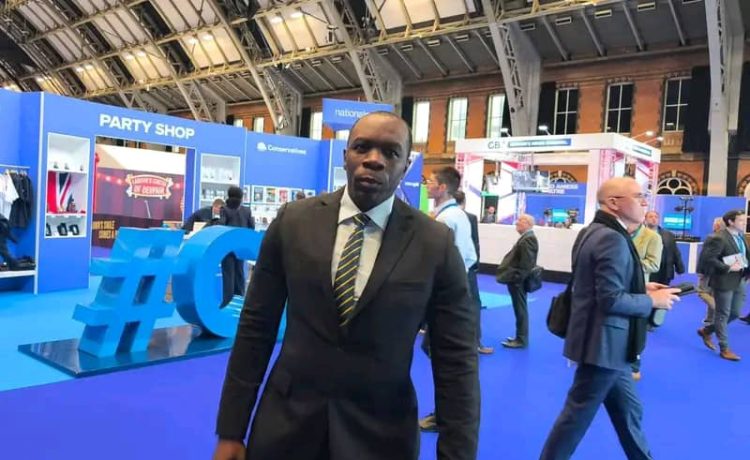The Malawi Congress Party (MCP) — Malawi’s oldest political organisation and the self-styled “mother of all parties” — has begun the process of rebuilding and strengthening its international alliances as part of a broader strategy to strengthen its position ahead of the 2030 general elections.
Speaking during a political luncheon organised by the UK Conservative Party in Manchester, the MCP Deputy Director of International Relations, Chalo Mvula, said the party is renewing diplomatic and political ties with foreign parties and organisations to ensure it remains a key player on both the local and global political stages.
Mvula said the MCP is taking deliberate steps to “reconnect, rebrand, and rebuild,” following its electoral loss in the September 16, 2025 elections. He noted that the party’s engagement with like-minded movements abroad will be central to its reform agenda, helping it draw lessons and best practices from other established democracies.
“We are working to re-establish strong relationships with our friends in the region and across the world,” said Mvula. “This is part of a long-term plan to prepare MCP for the 2030 elections and ensure that it continues to stand as a credible, disciplined, and visionary political force.”
During the Manchester event, Mvula commended the outgoing President Dr. Lazarus Chakwera for what he described as “an act of rare statesmanship” in peacefully handing over power to President Arthur Peter Mutharika. He said Chakwera’s graceful concession had elevated Malawi’s democratic standing globally and demonstrated the maturity of both the MCP and Malawian politics.
“As a party, we are proud of how our leader, Dr. Chakwera, managed the transition,” Mvula said. “He showed the world that Malawi values peace and democratic continuity above partisan politics.”
The MCP’s renewed diplomatic offensive is expected to include structured dialogue with international think tanks, political foundations, and sister parties within Africa and beyond.
Party insiders say the initiative will focus not only on foreign relations but also on strengthening internal unity and modernising party operations to appeal to young voters and urban constituencies — a demographic the MCP struggled to capture in the recent elections.
Political analysts have praised the MCP’s efforts, noting that the move to rebuild global partnerships is both symbolic and strategic. “MCP understands that elections are not just won domestically,” said one analyst. “Global exposure brings credibility, capacity, and networks that can shape national reform agendas.”
With five years to regroup before Malawians return to the polls, the MCP appears determined to turn its recent electoral setback into an opportunity for renewal — both at home and abroad.













